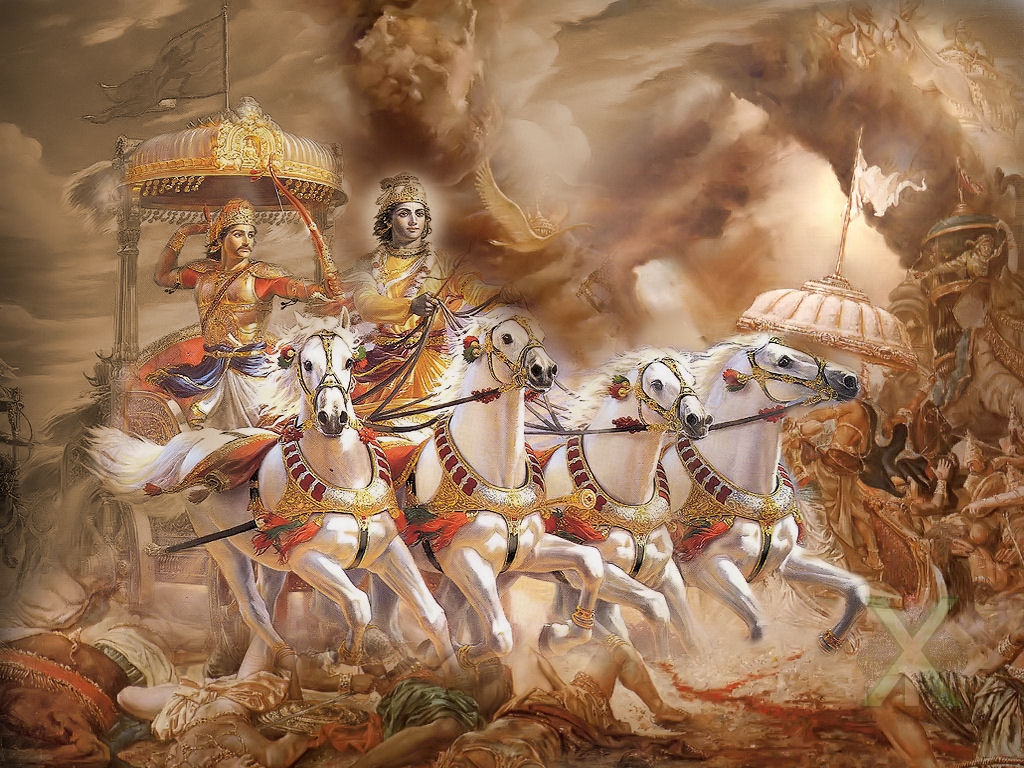Does an individual live for himself or does he exist for the sake of others? Is there any purpose to life other than achieving the goals one sets for oneself? These are the two fundamental questions that theorists have attempted to answer in their own different ways. While individualists believe that a person lives for oneself and oneself alone and is free to pursue the goals he sets for himself, collectivists, on the other hand, are of the opinion that the individual is not an end in himself and exists to be useful to others. Collectivists believe that every individual has a duty towards the society that he must fulfill.
 Ayn Rand, who was a well known individualist and the founder of Objectivism, describes collectivism thus:
Ayn Rand, who was a well known individualist and the founder of Objectivism, describes collectivism thus:
Collectivism means the subjugation of the individual to a group – whether to a race, class or State does not matter. Collectivism holds that man must be chained to collective action and collective thought for the sake of what is called ‘the common good’.
A similar understanding is expressed by Dr. Andrew Bernstein, who says:
Collectivism is the political theory that states that the will of the people is omnipotent, an individual must obey; that society as a whole, not the individual, is the unit of moral value. … Collectivism is the application of the altruist ethics to politics.
Since collectivism holds the interests of the group or the society above the individual, it demands some concession of territory in the realm of individual freedom. Therefore, the individual is required to subordinate his interests to the interests of the collective.
Collectivism demands an ideology because in the absence of a clearly defined ideology the society does not know which direction to move in and what ways to adopt. In other words, it’s clueless. And if there is no ideology or goal to be collectively pursued, individuals would naturally start pursuing individual goals. Therefore, it is fair to say that devoid of a clear ideology, collectivism is most likely to perish.
Collectivism can take different shapes, sizes and colour on different occasions. Therefore, Hitler could easily say that the Aryans were the superior race and since Germans belonged to that race they were naturally superior. By defining all Germans together Hitler referred to them as a collective whole. He promised to restore ‘glory’ to Germany, which again meant that he was looking at Germany as a collective entity. He was working for Germany and the Germans and called upon the Germans to help him accomplish the German goals for a united Germany. He was not talking about individual rights or greater individual freedoms. And the Germans responded to the call.
Marxism is also collectivist in nature. It seeks to unite the proletariat and State and a proletarian revolution to do away with class division and found a classless, stateless society. Therefore, the objective is clearly outlined and so is the path to the destination. Marxism talks about what is in the best interest of the worker class and how workers could benefit from a public control of the means of production. However, it does not associate itself with the individual interests of the workers. This is not to say that the interests of the workers are not its concern. But it is the collective interests that it primarily concerns itself with.
So far as collectivism is concerned, it does not deal with what the State should do and what are its ends, or how collective resources must be put to use, or what is good life and how the life of the citizens could be bettered, or how superior or honourable a race is and how it should defend its honour. In treating the community above the individual, collectivism does not completely overlook the individual because it is the consent of the individuals that legitimizes the actions of a government or a ruler. However, collectivism strives to achieve for the community and not for the individuals and is very clear on which side it stands if the individual interests and the collective interests were to come in irreconcilable conflict.
Many consider Jean-Jacques Rousseau to be one of the most important collectivists. His social contract theory has it that the society is organized on the basis of a general contract wilfully entered into by the members of the society, and the terms of this contract are decided in accordance with the ‘general will’. However, Rousseau does not spell out whether he considers the society or community more important than the individual.
In Rousseau’s scheme of things the amount of freedom foregone and the duties imposed on all are alike and therefore everyone is equally free. Clearly, Rousseau is not taking a position in favour of the claim of the collective over the individual as a true collectivist would. Rousseau is simply dealing with what goes into the making of a State and not how a State should be made. Rousseau’s State could very well put individual above the collective and declare that the individual exists for himself and the State is there only to assist every individual to reach his or her maximum potential in whatever he or she chooses to do. Rousseau’s State, therefore, is neutral and is free to embrace individualism, collectivism or any other political philosophy between or beyond the two.
All societies and communities are based on some kind of understanding among its members and each member of this association implicitly agrees to respect the domain of the other and also agrees to conduct himself in a certain manner. The fact that such an agreement is in place does not by itself make a society or State collectivist. For it to be collectivist it must call upon all its members to strive in a certain manner to achieve a certain goal collectively. Therefore, identification of a collective goal is a must.
Even if a society is completely individualistic, it would still need an authority to ensure that the individual freedoms are respected and those who act in disregard of these freedoms are take care of in accordance with the rules framed by the society. Therefore, in individualistic societies also some kind of collectivism would operate in one form or the other. After all, an individualist society too has its own set of beliefs. It does not believe in a common societal goal and does not seek to impose a way of life, but does go by a certain philosophy. This philosophy has to be actuated through the means agreed upon. The society, therefore, does act collectively to preserve and support individual endeavour and in that sense all societies are collectivist to some extent.
Originally published as part of Thinkers and Theory series in Lawyers Update in August 2010.





